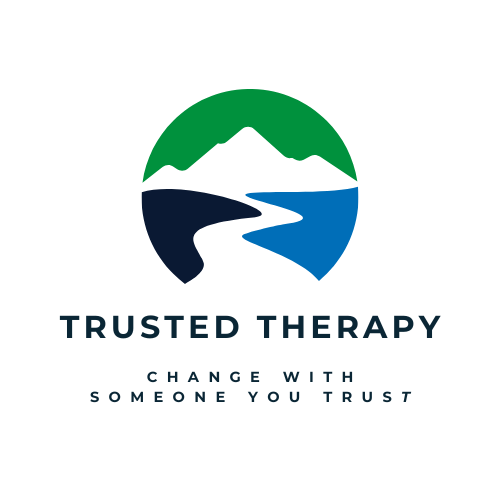So many lives have been tragically changed since July 20, 2012. The lives of those who were in theater 9, the first responders, the hospital staff, the friends and family members of those who were injured and who lost their lives, the community of Aurora, and so many other people, who at this time may not even realize how they have been impacted. It may take some individuals days, weeks, or months to be able to process what they have witnessed and experienced. People who have been through other traumas in their lives may have even more difficulty moving beyond this tragedy.
How do people react following a tragedy? People react in a variety of different ways, so it is important to allow survivors the ability to grieve in whatever capacity feels right for them. There is no right or wrong way to grieve or deal with trauma. With this in mind, it is important that we do not judge a person for what they are or aren’t doing during their time of healing. Many individuals will want to talk about what happened. Allowing these individuals the opportunity to share can be extremely helpful for them. Being able to listen to them without judgment and reassuring them that they are safe can be very comforting. Some may react by being tearful, having difficulty sleeping, change in appetite, nightmares, feeling scared, and wanting to stay in a place they feel safe. On the other hand, others may appear as though nothing has happened, attend their regular activities, or seem “spacey” and disconnected.
How can we help ourselves and those who have been most hurt by this horrific act? It is important to note that people who were not directly impacted by this tragedy, may still display signs of distress. This is even more common in people who have experienced other traumas in their lives. Because this horrific act occurred in such an innocent way, it can make it difficult for any of us to feel safe and to not feel impacted. So many people are recognizing that it “could have been them” or their child who was in that theater. It can exasperate worries that people may have already had, even if they are not directly related to the shooting.
Researchers who study what helps people recover after traumatic events provide us with some guidelines to help ourselves and others. Allowing survivors to come together to grieve and share their experiences with one another can be comforting. This includes the individuals who were at the theater, first responders, family and friends of the victims, and hospital staff. As difficult as it may be, it has been recommended to limit your exposure to the media. Watching the news is something that most of us are inclined to do because we want more information. However, hearing too much about a tragic event can negatively impact us and increase the chances that we may also experience anxiety and stress. The sooner that someone is able to return to their regular activities can be helpful in providing a sense of normalcy. For many of us being able to help those who have been most negatively impacted can give us a sense of control and meaning. This can look like a number of things including, volunteering our time, providing financial donations, giving blood, or any other activity that helps us to feel like we are helping. Some individuals will find comfort in connecting with their spirituality or their religious affiliations. At times we may need to remind each other to take care of ourselves. Sometimes the simplest things can become challenging. This is one reason why it can be helpful to stick to a routine. Try to get enough sleep, eat regular meals, get some exercise, and stay connected to friends and families.
How do I know if I or someone else I care about may need additional support? Individuals who may benefit from the help of a professional may be experiencing intense negative feelings, changes in sleeping patterns, nightmares, inability to return to regular activities, changes in appetite, and overwhelming feelings of anxiety. Many of these symptoms may be present in people who have been through such a horrific event, but it may become more serious if these symptoms do not improve after several days to a few weeks or become more intense. Some individuals can significantly benefit from attending a support group or going to see a therapist for a few sessions. It is important to realize that needing to seek the help of a professional does not imply that you are “weak” or have a mental illness. Seeking help can allow you to more quickly begin your journey of healing.
Tonya McFarland, PsyD Licensed Clinical Psychologist Golden, CO 303-709-5897 tonya@trustedtherapy.com trustedtherapy.com
Leave a Reply
You must be logged in to post a comment.